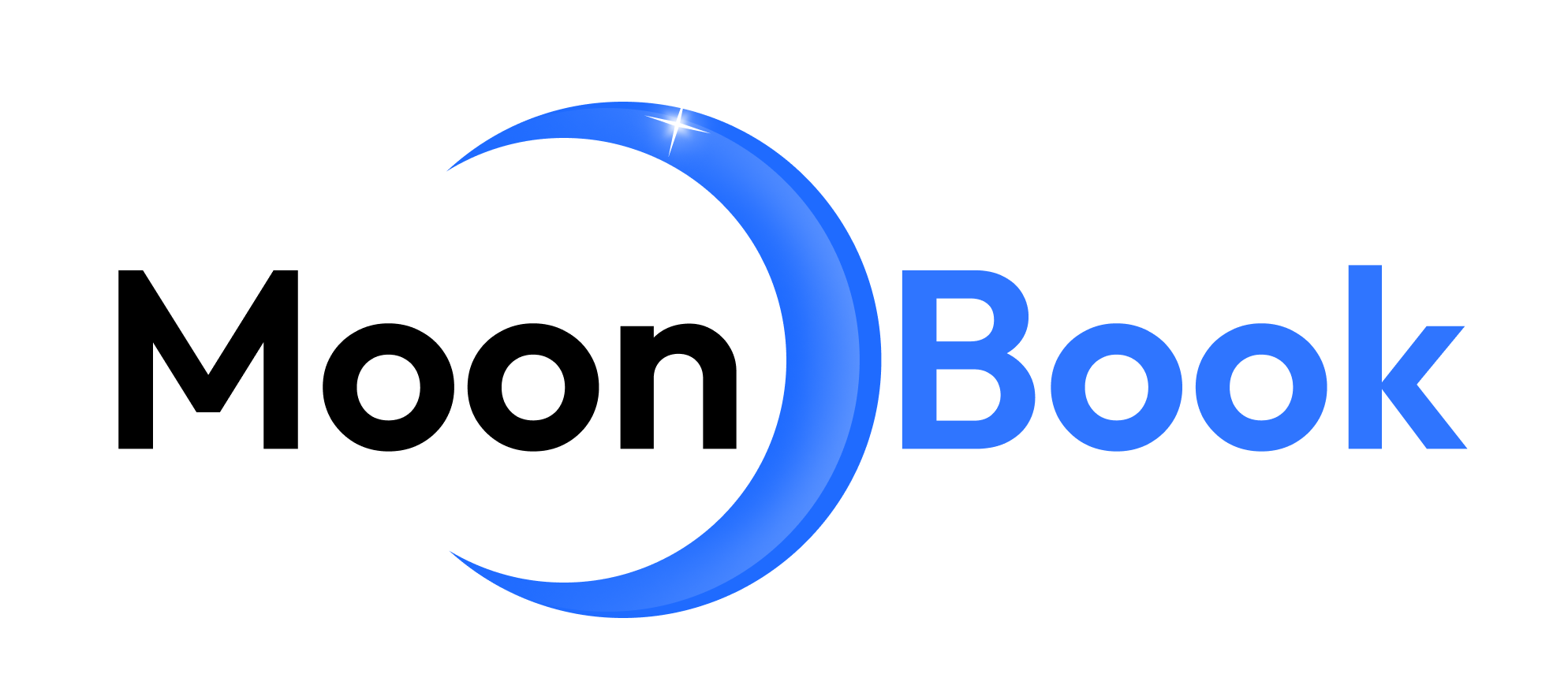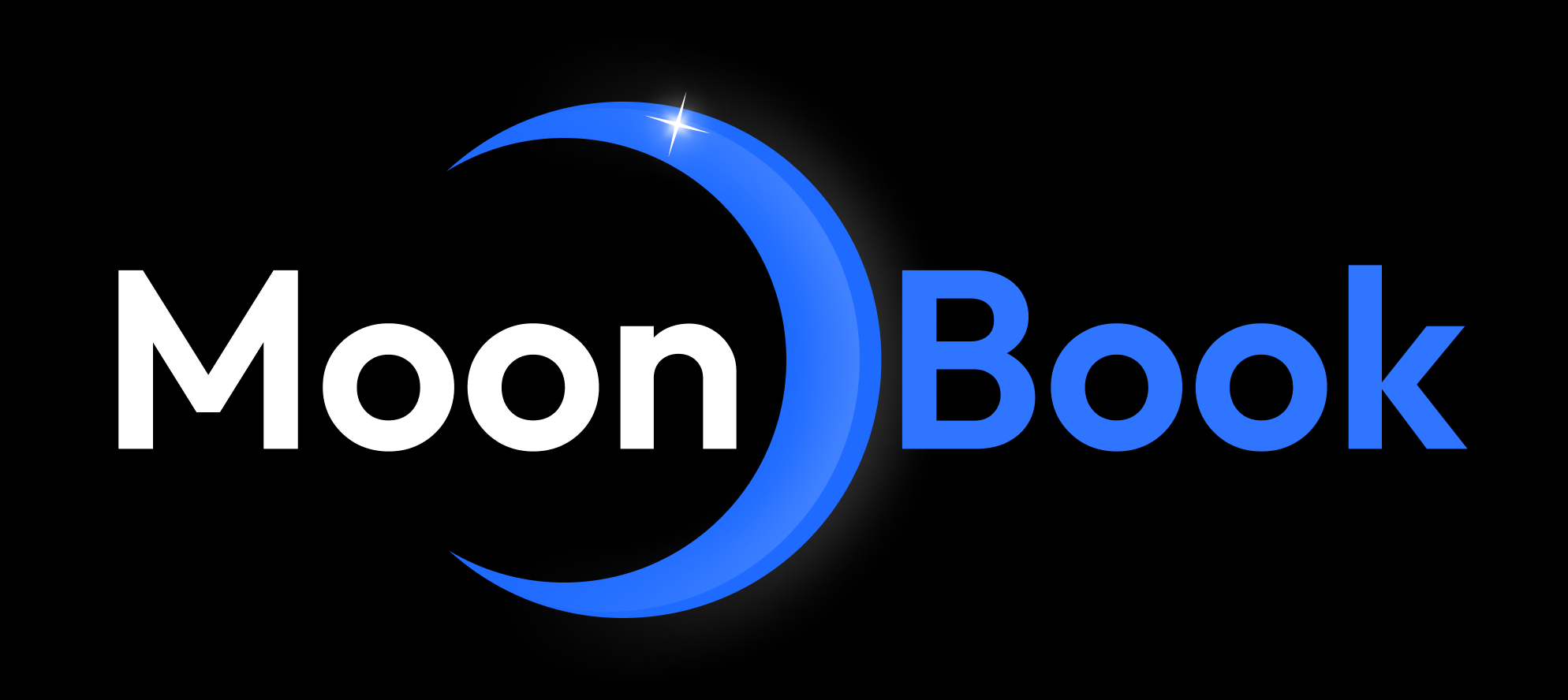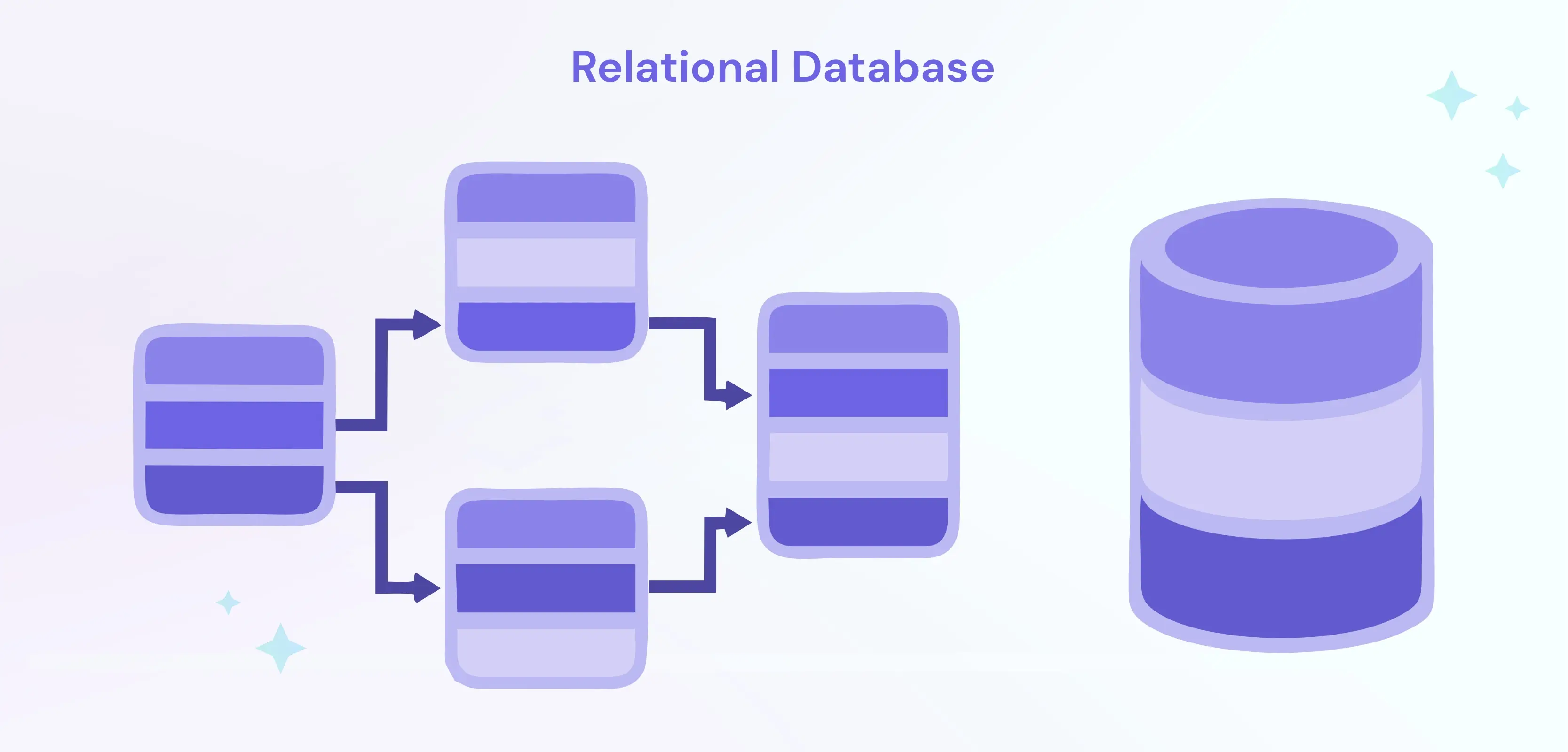The relational database landscape is a theater of intense and multifaceted rivalry, where established giants, cloud hyperscalers, and open-source communities vie for dominance in a market critical to the global economy. A thorough review of the Relational Database Market Competition reveals that the nature of this contest has evolved significantly from a simple feature-for-feature comparison of on-premises software to a complex battle fought across dimensions of price, performance, deployment model, and ecosystem integration. The overarching driver of this heightened competition is the relentless push for digital transformation, which forces enterprises to modernize their data infrastructure to be more agile, scalable, and cost-effective. As a result, the market is experiencing robust expansion. The Relational Database Market size is projected to grow USD 258.57 Billion by 2035, exhibiting a CAGR of 12.50% during the forecast period 2025-2035. This substantial growth creates a high-stakes environment where every vendor must continuously innovate to defend its market position and capture new opportunities. The competition is no longer confined to the database engine itself but extends to the entire data management platform, including tools for migration, governance, security, and analytics.
The central axis of competition today is between traditional on-premises vendors and cloud service providers. Legacy players like Oracle and IBM, with their deeply entrenched Db2 and Oracle Database products, compete on the basis of reliability, high-performance for mission-critical workloads, and their extensive relationships with large enterprises. Their competitive strategy involves modernizing their offerings for hybrid cloud environments and developing their own public cloud platforms to retain customers. In stark contrast, cloud hyperscalers like AWS, Microsoft Azure, and Google Cloud compete primarily through their managed Database-as-a-Service (DBaaS) offerings. Their value proposition centers on operational simplicity, elastic scalability, and consumption-based pricing, which drastically lowers the barrier to entry for adopting powerful database technologies. This has led to intense price competition and a race to provide the most developer-friendly and feature-rich managed services. Another major competitive front is the ongoing clash between proprietary and open-source models. The increasing popularity of open-source databases like PostgreSQL and MySQL has forced proprietary vendors to respond, either by embracing open-source themselves (like Microsoft's support for PostgreSQL on Azure) or by arguing for the superior total cost of ownership and support of their integrated commercial solutions.
The future of competition in the relational database market will be shaped by emerging technological trends and evolving customer expectations. The rise of NoSQL and NewSQL databases is a significant competitive pressure, compelling relational database vendors to incorporate more flexibility, such as native JSON support and better horizontal scaling, into their products. This blurs the lines between database categories and forces RDBMS providers to prove their continued relevance for a wider range of use cases. Furthermore, competition is increasingly focused on the "intelligent" or "autonomous" capabilities of the database. Vendors are leveraging AI and machine learning to automate complex administrative tasks like performance tuning, security patching, and capacity planning. The vendor that can offer the most genuinely "hands-off" database experience will gain a significant competitive advantage. Finally, the battle is extending into the data ecosystem. A database is no longer a standalone product; its value is amplified by its integration with analytics platforms, data lakes, AI/ML services, and application development tools. The vendor that provides the most seamless and powerful end-to-end data platform, from ingestion to insight, will be best positioned to win in this fiercely competitive market.
Top Trending Reports -
France Customer Communication Management Software Market



